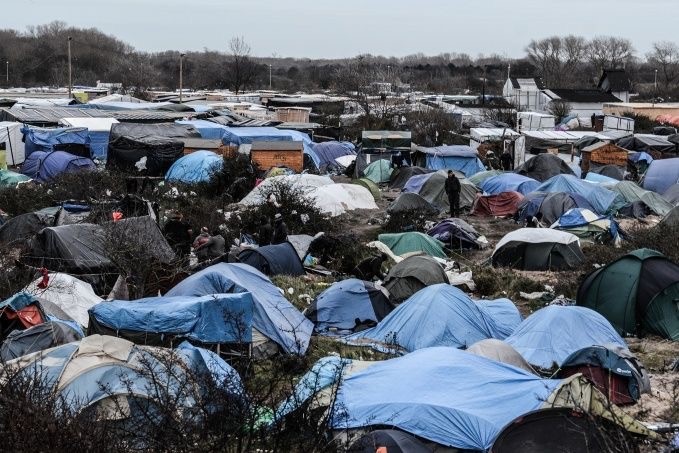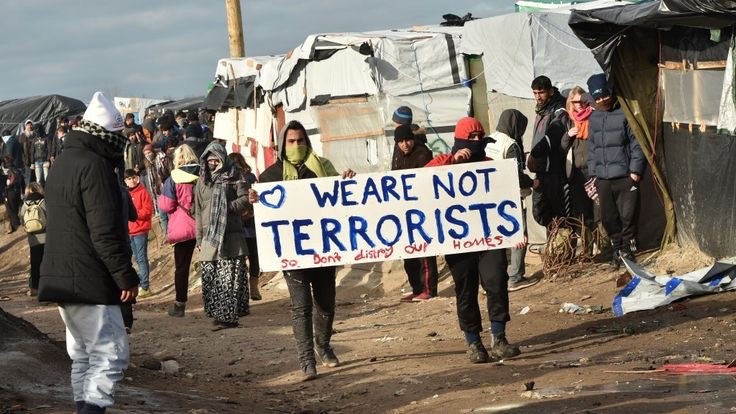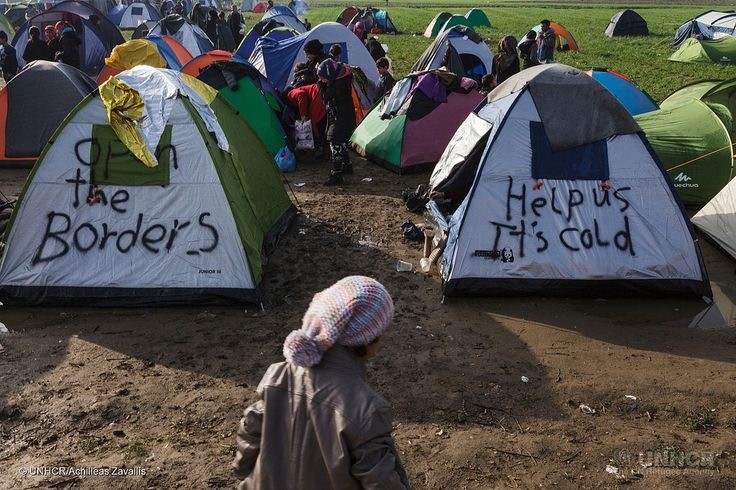In an era characterized by ever-deepening global interconnectedness, the paradigms of political asylum and refugee resettlement policies have risen to the forefront of international diplomacy and the highest realms of humanitarian endeavor. Conceived with the profound mission of providing sanctuary and safeguarding the vulnerable, these policies serve as bulwarks against the tide of persecution, conflict, or violence that compels individuals to flee their native lands. However, within this landscape of asylum and resettlement, one must navigate a maze-like expanse where complexities coexist with multifaceted issues, discourses constantly evolve, and the interplay between human rights, state sovereignty, and global responsibility is intricate.
Political asylum represents the epitome of safety, a protective shield offered by a host country to individuals ensnared in the brutal clutches of persecution or fear of even more severe mistreatment in their home country. The grounds for seeking such sanctuary span a wide spectrum, encompassing political beliefs, ethnic heritage, religious convictions, or affiliation with specific social groups. Asylum seekers are individuals who, in their desperate quest for survival, cross borders in pursuit of both safety and the elusive status of legal protection. They are found at the intersections where foreign borders intersect with human desperation.

On the other hand, the resettlement of refugees brings about a profound transformation in the lives of those compelled to flee their native countries. This intricate process involves the planned transfer of refugees from their initial place of refuge to a third country, where they can rebuild their lives under the guidance of regional and international organisations. It comes to fruition when the host country, recognising its limited capacity to provide a lasting haven, appeals to the collective efforts of the international community to offer a more enduring solution for displaced individuals yearning for the promise of a future free from the burdens of their past.
The process of seeking political asylum unfolds as a complex journey, replete with intricate legal requirements and protracted administrative complexities. Asylum seekers embark on a challenging path that entails a series of interviews, thorough background checks, and a meticulous evaluation of their case. This crucible of the asylum process demands the presentation of strong, substantiated evidence to support claims of persecution. It falls upon the asylum seekers to convincingly demonstrate that returning to their home country would not only be difficult but also foreshadow a grave threat to their lives and freedom.

Yet, a mosaic of global disparities emerges as different nations carve out unique standards for the dispensation of asylum, ultimately yielding a spectrum of outcomes for those in search of refuge. The arduous nature of the asylum process casts a shadow of prolonged uncertainty over the lives of asylum seekers, a period marked by the weight of unresolved futures. Simultaneously, it thrusts upon the host countries a formidable mantle of responsibility, demanding the meticulous processing and adjudication of asylum claims, a duty that can strain the resources and capacities of these nations.
Programmes for the resettlement of refugees are essential in providing displaced people with a long-term solution. These programmes are frequently conducted in collaboration with non-governmental organizations (NGOs) and international organizations like the United Nations High Commissioner for Refugees (UNHCR). The objective is to offer refugees a secure environment in which they can rebuild their lives.
Countries that participate in refugee resettlement programmes commit to accepting a specific number of refugees annually and providing them with necessities such as housing, healthcare, and education. To help refugees integrate into their new communities, the resettlement process includes cultural orientation and language assistance.
The domains of political asylum and refugee resettlement policies, while noble in intent, are not immune to the labyrinthine quagmire of challenges and the crucible of controversy. One glaring concern that casts a pall over these policies resides in the unsettling specter of their politicization. Here, decisions regarding refugee admissions find themselves entangled within the web of domestic political exigencies, at times overshadowing the principled compass of humanitarian imperatives. Such maneuvers, though not devoid of pragmatic considerations, inevitably draw criticism for their propensity to blur the lines of consistency and introduce biases into the asylum-seeking process.

The worldwide refugee crisis has unveiled an expansive tapestry of pressure beyond these contentious pathways. The sheer number of people displaced due to conflicts in places like Syria, Afghanistan, and Central Africa has imposed a heavy burden on both domestic economies and the financial capacity of international organizations. It is a monumental challenge that systematically assesses how well governments and organizations can collaborate to plan effective responses in the face of a continuous influx of displaced people.
Balancing the imperatives of safeguarding national security with the humanitarian obligations owed to those in dire need emerges as a nuanced tightrope walk for nations and international entities alike. In the quest for an enhanced asylum and resettlement paradigm, the clarion call resounds for fortified international collaboration, a symphony of standardized procedures, and an equitable distribution of the burdens borne.
Furthermore, the solution prompts us to look beyond the realms of processing and resettlement and delve into the root causes of displacement. The need for asylum and resettlement stems directly from underlying causes, whether they be the crucible of armed conflicts or the tragic tableau of human rights violations. In this endeavor, diplomatic efforts and the unwavering pursuit of conflict resolution become pivotal, casting a beacon of hope on the horizon of a world where the desperate need for displacement finds no outlet.
Political asylum and refugee resettlement policies emerge as a beacon of hope for individuals ensnared in the maelstrom of persecution and violence, offering a lifeline to safety and a chance for a new beginning. Amidst the persistent shadows of complexities and controversies that shroud these policies, a resounding truth reverberates: the imperative of discovering a compassionate yet pragmatic approach to grapple with the colossal global refugee crisis. It beckons our shared humanity, urging us to forge a future where the plight of the displaced finds solace and security in the embrace of a compassionate global society.
Sources
- https://assets.publishing.service.gov.uk/government/uploads/system/uploads/attachment_data/file/1011824/Resettlement_Policy_Guidance_2021.pdf
- https://www.socialworkers.org/LinkClick.aspx?fileticket=X2QaNfEuJUk%3D&portalid=0#:~:text=The%20resettlement%20process%20includes%20challenges,quickly%20than%20their%20older%20relatives.
- https://www.ethicsandinternationalaffairs.org/journal/the-normative-terrain-of-the-global-refugee-regime
- https://www.amnesty.org/en/what-we-do/refugees-asylum-seekers-and-migrants/




